Gen Z:
Changing the World
Members of Generation Z have a strong awareness of environmental issues.Young people today actively share information and opinions.
They have grown up with technology
and social platforms and have witnessed the actions of their peers all over the world in real time.
We can learn a great deal from those who have begun to take initiatives to change our collective future.We interviewed two young Japanese sustainability leaders who are engaged
in global collaborations focused on this goal.
Illustration:Ran Kobayashi

[ Five Questions ]
- 1. Which three hashtags would you use to describe your work?
- 2. Please briefly describe your environmental efforts.
- 3. What prompted you to begin taking action?
- 4. What do you want the world to be like in 50 years?
- 5. What do we need in order to take the first step for the future of our world?
Yota Takakura, 26
Chief Executive Officer, Innoqua Inc.
1. #Harmony #Technology #Corals
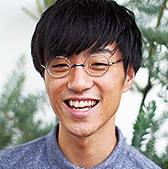
2. We founded Innoqua in 2019 with the principle of “creating a world where humans and nature can maintain a positive balance 100 years later” and to promote R&D and implementation of environment transfer technology to reproduce specific marine ecosystems accurately in an aquarium setting by using IoT and AI technology. We roll out environmental education using the coral reef ecosystem, engage in collaborative research and development of environmental protection, and support business reform from the viewpoint of the Sustainable Development Goals (SDGs). The company was also involved in the recovery of the environment after the 2020 Mauritius oil spill. 3. The shocking experience of not even knowing the name of the diseases when the fish and coral reef I was taking care of died. 4. A world where everyone cherishes nature, recognizes its value, and respects it. When humans and nature build a truly symbiotic relationship, various innovations are born. I yearn for a world where the treatment for currently untreatable diseases has been discovered or people are moving to Mars. 5. We need a driving force that will move people from the bottom of their heart to act, such as intellectual curiosity or love. In order to discover such a force, I will continue to advocate the importance of “cherishing your inspirations” to young children.

Miu Tanaka, 18
President, Geographical History Club, Sanyo Gakuen Middle and High Schools
1. #Marinewaste #SDGs #Collaboration
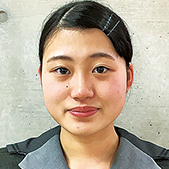
2. Thirty-six middle and high school students belonging to our Geographical History Club are taking action to solve the problem of plastic waste in the ocean, which is becoming more serious in the Seto Inland Sea, by incorporating the viewpoints of the SDGs. In particular, we are focusing on sea floor waste and waste drifting around the islands. We are working to collect and separate the debris and to increase public awareness of the issue. With the mindset of “change the present to change the future,” and through the collaboration of industry, government, academia and individuals, we presented the fruits of our efforts at the SDG Global Festival of Action 2019 held in Germany. People in our community have nicknamed us the “marine waste girls.” 3. I joined after I learned about the activities of the Geographical History Club. 4. By aiming to create a world without marine waste, I dream of a world where people, nature, and other creatures truly coexist. 5. I believe we need a multifaceted approach from the perspectives of politics, law, economy, medicine, and social welfare. And the most important thing is to think of the problems that are happening on our earth as our own, to learn about and understand them, and to take action.

-
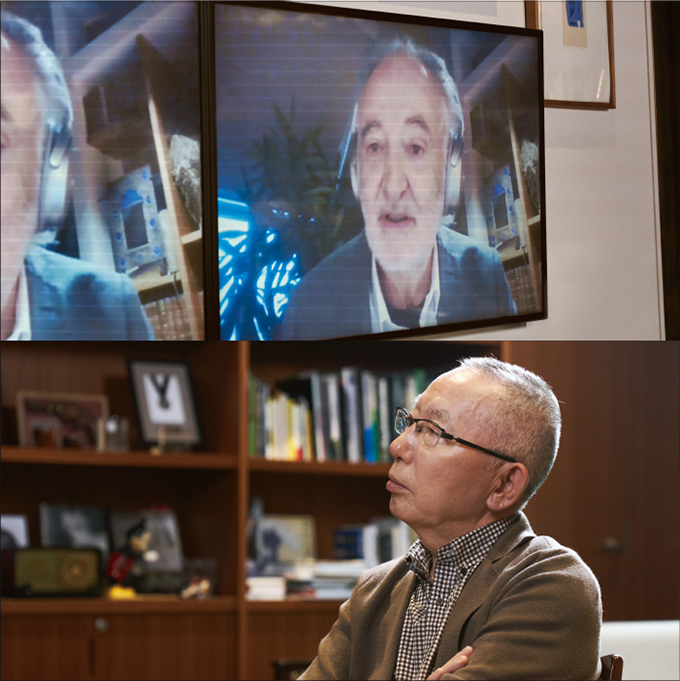
-

Combating COVID-19
-
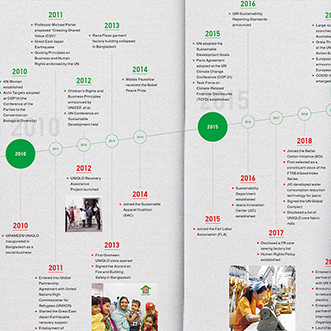
20 Years of Sustainability Progress
-

Gen Z : Changing the World
-
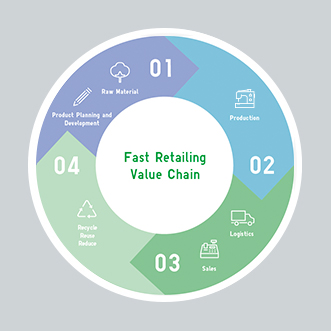
Caring for the Environment
-

Product Innovations
-
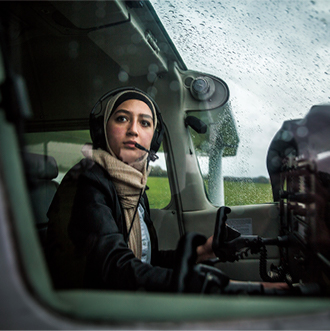
Helping Refugees Flourish
-
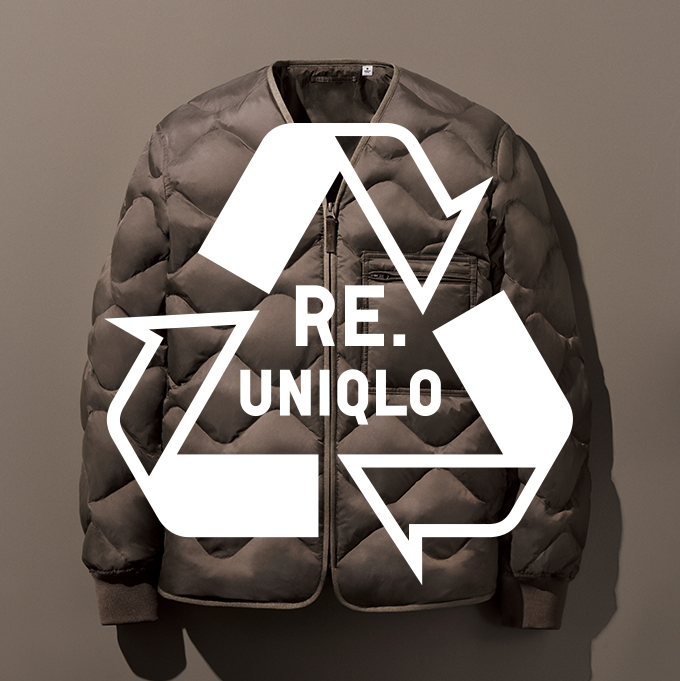
RE.UNIQLO:Rebirth of Clothes
-
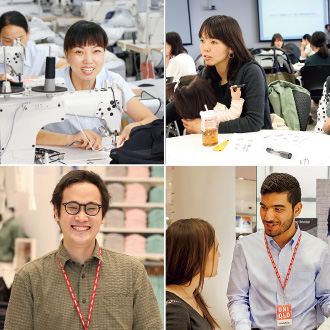
Putting People First
-
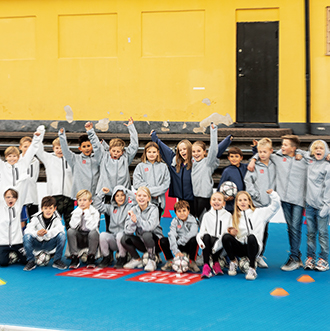
Sport Meets Young Dreams
-
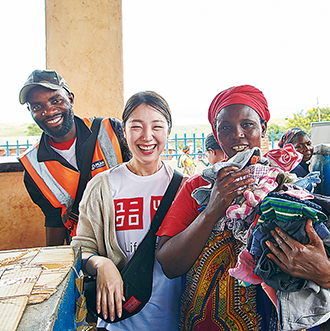
Giving Back to the World
-
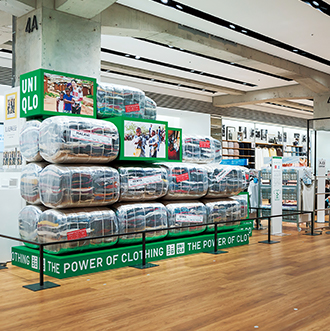
Unlocking the Power
of Clothing -

Corporate Governance
-

FAST RETAILING WAY


